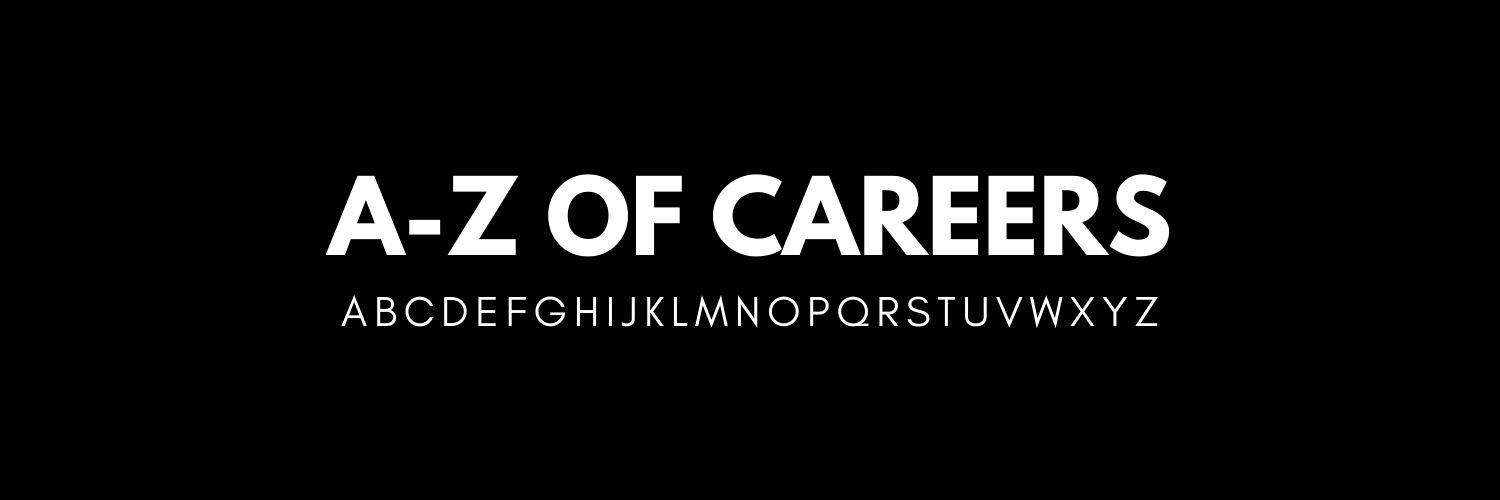Burnout. You’ve heard of it, your mildly concerned about it, but how do you stop it happening to you?
Wellbeing has been a buzzword for the last couple of years in the world of work, but what how can you tell the difference between a company that’s got it right, and one that’s all talk and no action? How can you protect yourself from burnout? What does wellbeing at work look like? We’re here to answer some of those questions.
When going to an interview, notice everything.
It’s tempting to believe that an interview is exclusively a test of whether you’re good enough. I don’t think that’s true on many levels. I want you to remember that it’s also your chance to test out if this place and culture is a good fit for you too. Notice everything. How do colleagues talk to one another in the reception areas? How are they acting around one another whilst interviewing you? Does it feel genuine or all a little bit put-on?
How do you protect yourself from burnout?
Once you’re in the workplace, it’s tempting to believe you constantly have to prove your worth forever more, even at the expense of your health. This isn’t true. If you’re in a company that believes it is true, be very careful.
The biggest protection from burnout is another b… boundaries. These are best placed in from the beginning. Don’t confuse boundaries with being inflexible, but they should be your status quo. So normally, you arrive and leave for the hours you’re paid for. Sometimes you recognise that extra may be required, but for that’s the exception rather than the rule. Don’t be a martyr. As your build your work life, and gain an income after all your studies, help yourself to build a strong and active social life. Join a club or group, try a different activity you’ve not done before, or build a new skill. These things will help grow your confidence, will help you to be intentional with your rest and relaxation time, and will give you lots to talk to your colleagues about!
No is a hard word. Especially when it feels like you’re being disobedient, or ungrateful for having the job, but declining an overwhelming workload is important. Manage expectations with completion dates, ask for help with prioritising tasks, and consider conflicting priorities, but ultimately if you’re being given two people’s worth of work to do alone, you have to stop somewhere. Sometimes ‘not yet’ feels a little easier to say. ‘Right now, I am unable to take any more on, so I can’t do that yet. But perhaps ask me in a week/ month and I can look at my workload again and see if I can fit that in’. Don’t make promises, don’t put your future self in a tricky situation, but be open and willing to re-assess.
Remember: you’re entering a world where there’s been a number of culture shifts. I’ve outlined two below. Are there any others you’ve felt? Feel free to add them to the comments at the bottom of this blog.
- Perfectionism. It’s tempting to think that ‘doing your best’ is no longer enough, but you now have ‘be the best’. This subtle wording difference changes from letting your best within working hours be enough, to a hustle-culture where stepping on other people to get to the top, working ridiculous hours and always being 20 steps ahead is glorified. Stop and smell the flowers – there’s so much learning to be done in slowing down.
- Competitiveness. There’s a strong rhetoric about either being a winner, or being a loser – there’s no in between. This feels mirrored in social media, where people either post on their best or worst days, and rarely in between.
So, some tips on your wellbeing:
- Sleep. It improves mood, memory and metabolism. It’s golden. Please make sure you get plenty of it!
- Remember a career path isn’t necessarily a straight road or simple staircase. Ask some older people around you about their careers, and you’ll learn more about squiggly careers. Don’t be pressured into thinking every step has to be upwards, take your time, and try to follow the things you enjoy.
- Keep hope. If things are feeling tough now, brighter days are coming! Talk to us as your careers team if you need to – details are below.
*some of the information informing this blog is taken from Dr Dominique Thompson’s talk at the HEA Conference June 2021.
Getting further support from The Careers and Enterprise Team at CCCU
You can get ongoing careers support via the following ways:
- Email careers@canterbury.ac.uk
- Log onto the Careers and Enterprise Online Hub to access resources such as CV360, Interview Simulator and more. Our Live Chat function is also available for you to speak to us 10-12 and 2-4 Monday to Friday
- Check out our YouTube channel for more advice and signposting
- Don’t forget our workshops – all online and free and for all current students and recent alumni (up to 3 years post-graduation).
 Careers and Enterprise Blog
Careers and Enterprise Blog Susannah Gilbert
Susannah Gilbert 1173
1173



This is such an important blog post; burnout is such a big issue. It’s so easy to try to just push yourself through it, especially when you have conflicting demands and you don’t want to let people down. It can be difficult to talk about exhaustion when so many of our peers are also exhausted. But, you’re right, keep those boundaries.
Hi Nina, I’m glad you’ve found this post helpful. I agree it’s a really important topic – keep those boundaries indeed!